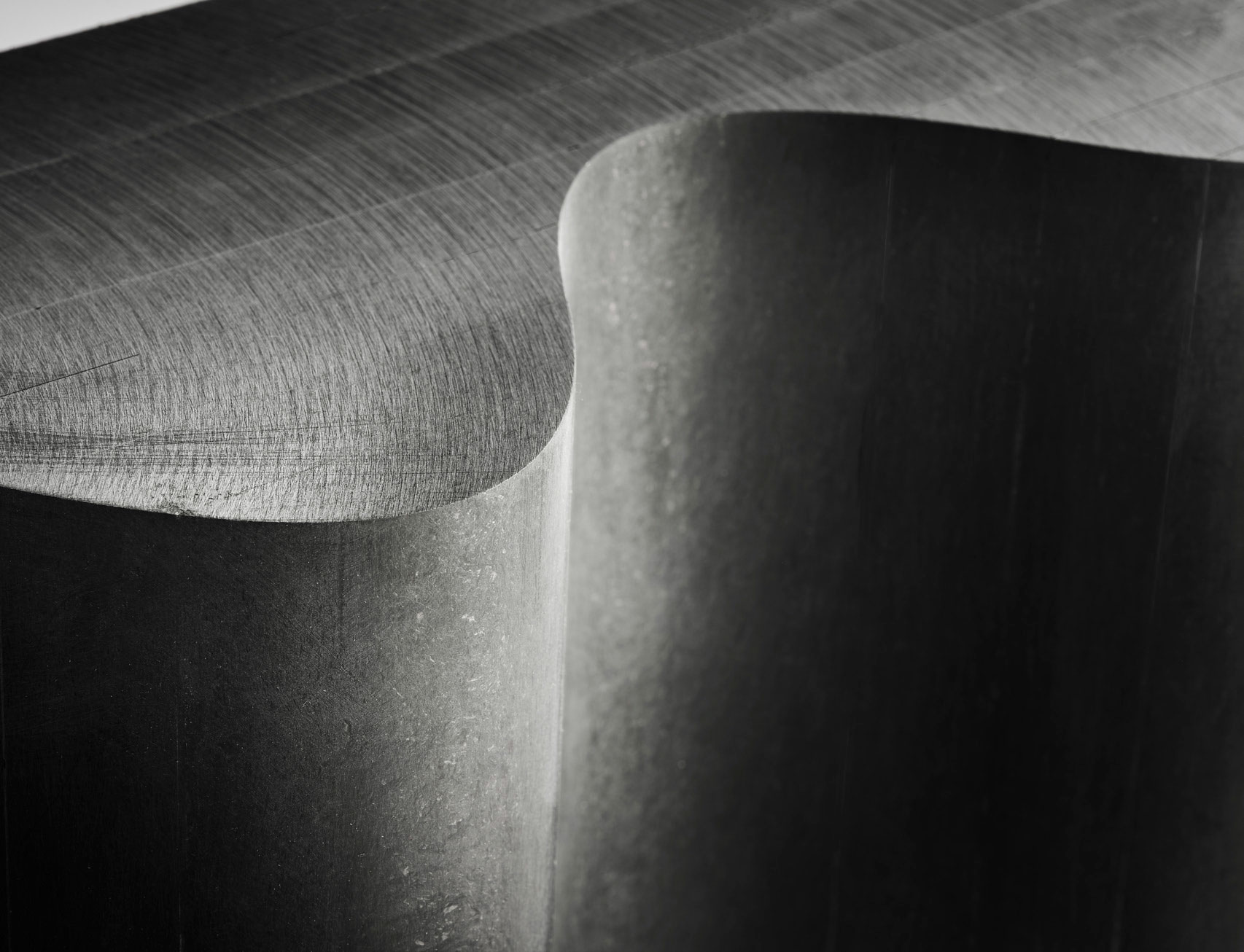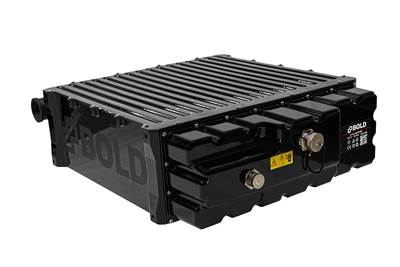Latest Aerospace Articles
VIEW ALLNASA launches sustainable aircraft project CAS SUMAC
Two-year initiative aims to unlock innovative applications for sustainable thermoplastic composites and their use in AAM and commercial aircraft.
Read MoreEASA holds international workshop in 2024 on certifying H2-powered aircraft
The EASA, which has been engaging in hydrogen platforms through various contracts and projects, hosted its first workshop presenting the challenges, future processes of H2 certification.
Read MoreDaher inaugurates Learning Center for training aeronautical talent
Daher offers a concrete solution to the shortage of qualified professionals in aerospace, providing a range of technical programs that prepare workers for the sector’s rigorous demands.
Read MoreSkydweller Aero continues AMPA flight tests with operational military payloads
Autonomous maritime patrol aircraft (AMPA) testing prepares the composite platform for operations in 2025, ensuring it can operate effectively over land and offshore environments to serve government and commercial needs.
Read MoreAirborne to supply Airbus with composite components for mega-constellation satellite solar arrays
Airborne Aerospace will manufacture more than 700 composite substrate panels and yoke substrates for Airbus Sparkwing solar arrays, a critical component of MDA Space’s Aurora satellite product line.
Read MoreEcoPulse flight test campaign ends, provides insight into hybrid-electric propulsion aircraft
Accumulation of 100 flight hours and 50 test flights deliver findings into design, certification, production and operations that will lay the groundwork for future aircraft.
Read MoreKnowledge Centers

CW’s editors are tracking the latest trends and developments in tooling, from the basics to new developments. This collection, presented by Composites One, features four recent CW stories that detail a range of tooling technologies, processes and materials.
LEARN MORE
During CW Tech Days: Thermoplastics for Large Structures, experts explored the materials and processing technologies that are enabling the transition to large-part manufacturing.
LEARN MORELatest Aerospace News And Updates
Sonaca, Aciturri Aerostructures to become single European aviation entity
The industrial partnership, combining expertise in metal and composites design and manufacturing, aims to become an independent global player for low-carbon aerospace development.
Read MoreOn the radar: Innovations in composite battery enclosures
A look at recently reported design, material and process innovations for composites-intensive battery enclosures, developed to support the ramp-up of EV and AAM vehicles.
WatchHAV announces production site developments for Airlander 10
Work is underway to develop the Carcroft Common site in the U.K. that will support the production, testing and certification of up to 24 composite Airlander 10 aircraft each year.
Read MoreRadalytica advances multimodal 3D robotic scanner for composites, future aircraft inspection
Radalytica continues to develop its RadalyX nondestructive testing (NDT) system, merging diverse imaging methodologies for inspection in laboratories to aircraft hangars.
WatchSafran expands LEAP engine production capacity in Querétaro
New capacities covering entire single-aisle commercial aircraft engine life cycle strengthens Safran’s footprint in Mexico.
Read MoreCaracol, AES forge LFAM-centered partnership
AES’ LFAM services, backed by Caracol’s Heron AM 3D printing platform, target an innovation boost in aerospace- and defense-specific composite and metal applications.
Read MoreFeatured Posts
Composites business growth through diversification, innovation
San Diego-based 2024 Top Shops qualifier Rock West Composites gives an overview of its relentless commitment to improvement, including its composite capabilities and its role as a trusted player in the space market.
Read MoreNatilus challenges the Boeing-Airbus duopoly
CW interviews CEO Aleksey Matyushev about composites, certification and the airlines’ needs for increased narrowbody production and decarbonization that aren’t being met.
Read MoreVIDEO: High-rate composites production for aerospace
Westlake Epoxy’s process on display at CAMX 2024 reduces cycle time from hours to just 15 minutes.
WatchStreamlining aerospace composites operations with RFID tracking
Tier 1 Sekisui Aerospace’s implementation of RFID tracking, sensors and Xemelgo software at two of its production facilities led to increased productivity, eliminating bottlenecks and reducing labor costs.
WatchLow-cost, efficient CFRP anisogrid lattice structures
CIRA uses patented parallel winding, dry fiber, silicone tooling and resin infusion to cut labor for lightweight, heavily loaded space applications.
Read MoreAirbus works to improve the life cycle of composites in future aircraft
This companion article to CW's September 2024 Airbus Illescas plant tour discusses recycling, LCA, biocomposites, Fast Track technologies, qualification and more.
Read MoreFAQ: Aerospace
How are composites used in aerospace structures?
Since the 1950s*, composites have been growing in use in commercial and defense aircraft, ranging from struts and tail components, to wing skins and fuselages, to engine components and propeller blades.
One of the largest challenges to adoption of composites by the aerospace industry is stringent standards especially for safety critical structures, necessitating time- and labor-intensive processes to qualify new materials for use on passenger aircraft.
Qualified and well-tested autoclave-cured carbon fiber and thermoset-based prepregs are most often used for many structures, though other materials and formats, including thermoplastic tapes, are also in development or use.
Source: The FAA: Keeping up with aerocomposites evolution
*In the 1950s, Boeing began using fiberglass in its 707 passenger jets, and at the time the material made up about 2% of the overall aircraft by weight. Since then, Boeing, Airbus and other aircraft manufacturers have continued to increase this percentage with successive aircraft models. Today’s twin-aisle commercial aircraft such as the Boeing 787, first launched in 2009, and the Airbus A350 comprise approximately 50% composites by weight, largely carbon fiber-reinforced polymer (CFRP).
How are composites used in space structures?
At the time the Apollo capsule, which landed on the moon in 1969, was built by NASA, composites industry was still in its infancy and the materials were not yet in widespread use, though the Apollo capsule used early composite technology in the form of an ablative heat shield made from Avcoat, an epoxy novolac resin with silica fibers in a fiberglass-phenolic honeycomb matrix. A fiberglass honeycomb was bonded to the primary structure and the paste-like material was injected into each cell individually.
Since Apollo, advanced composites have evolved by leaps and bounds, and have played a significant role in space programs with use in launch vehicles, the space shuttle, satellites, space telescopes and the International Space Station.
Source: Composites in the race to space




































.jpg;maxWidth=300;quality=90)


